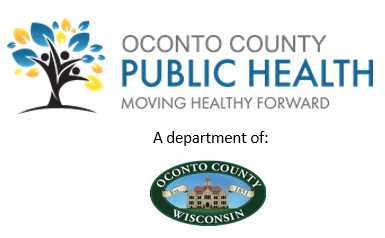Department of Health Services Urges Wisconsinites to Throw Away Applesauce Brands That are Part of Nationwide Recall Due to High Levels of Lead
Parents and caregivers should have children tested for elevated blood levels if they ate applesauce products included in the recall
The Wisconsin Department of Health Services (DHS) is advising food retailers and consumers to dispose of specific brands of applesauce containing cinnamon following a nationwide recall related to several brands of cinnamon applesauce puree pouches. These products may contain harmful levels of lead.
The U.S. Food and Drug Administration (FDA) has issued a recall for the following brands of applesauce puree that contain cinnamon:
- WanaBana Apple Cinnamon Fruit Puree pouches
- Schnucks cinnamon-flavored applesauce pouches
- Schnucks applesauce variety pack
- Weis cinnamon applesauce pouches
Multiple cases of lead poisoning have already been identified in several states, including three suspected cases in Wisconsin that are being investigated, due to children eating one of these products. A child has lead poisoning when their blood lead level measures greater than or equal to 3.5 micrograms per deciliter (µg/dL).
“If you think your child may have eaten one of the applesauce products included in the recall, then ask your health care provider for a blood lead test. Lead is a toxic metal, and there is no safe level for any person. Young children are most susceptible to the effects of lead because their bodies and brains are still growing,” said DHS Secretary-designee Kirsten Johnson. “A blood lead test is the only way to know if a person has been exposed to lead.”
Stores that sold the recalled products
- WanaBana apple cinnamon fruit puree pouches are sold nationally and are available through multiple retailers including Amazon, Dollar Tree, and other online outlets.
- Schnucks-brand cinnamon-flavored applesauce pouches and variety pack are sold at Schnucks and Eatwell Markets grocery stores.
- Weis-brand cinnamon applesauce pouches are sold at Weis grocery stores.
To learn more about blood lead testing, talk to your health care provider or your local health department. Consumers and health care providers can monitor updates about this recall on the FDA Public Health Advisories from Investigations of Foodborne Illness Outbreaks webpage.
